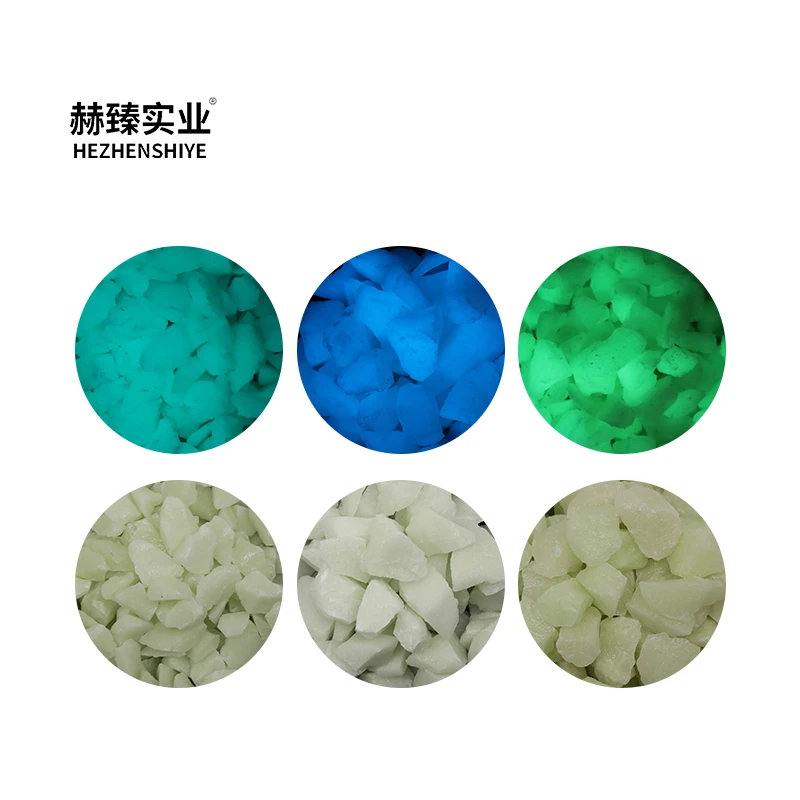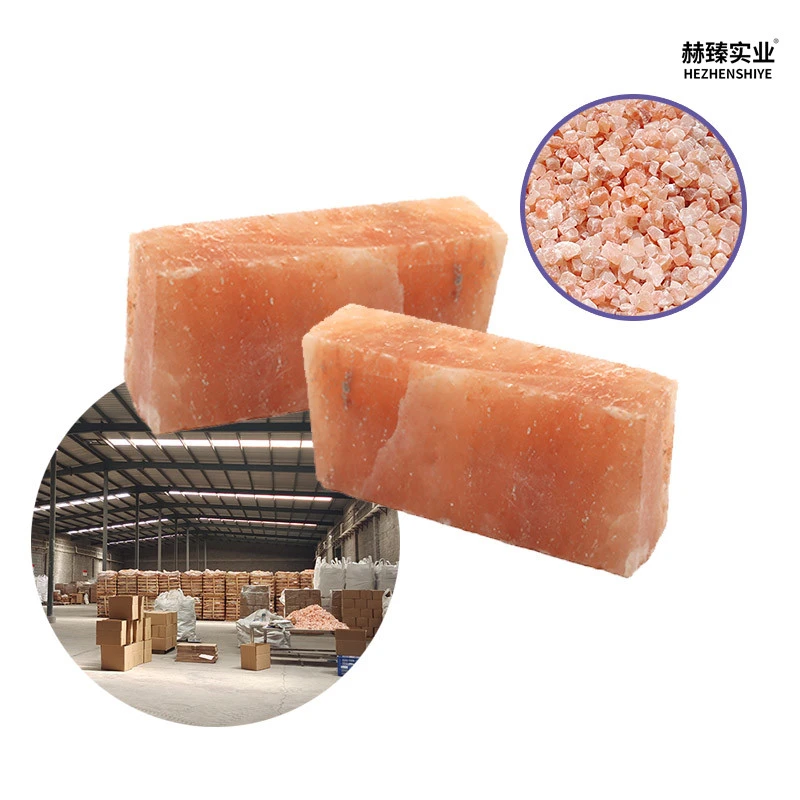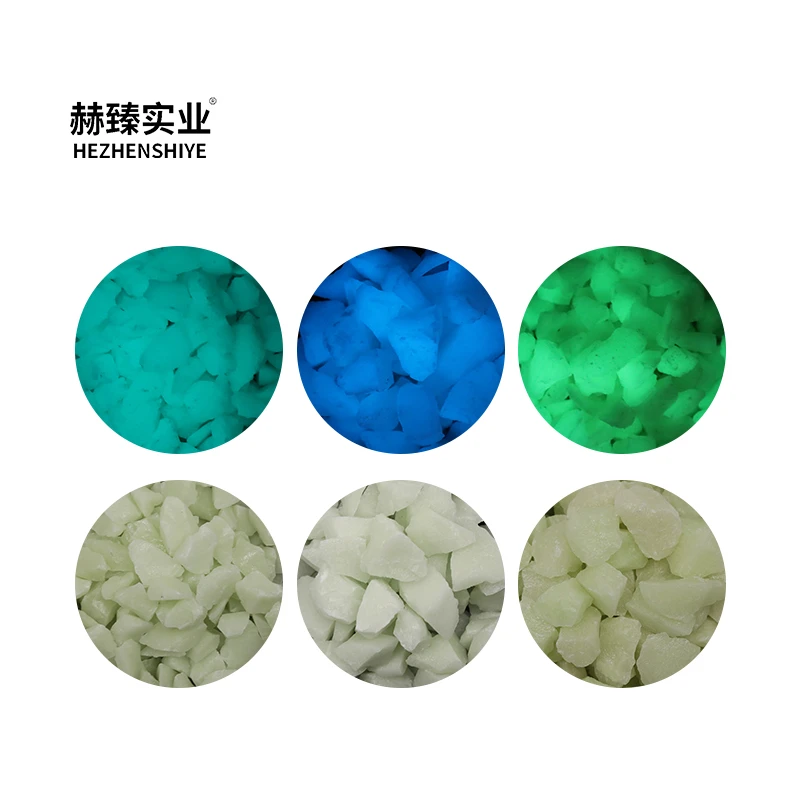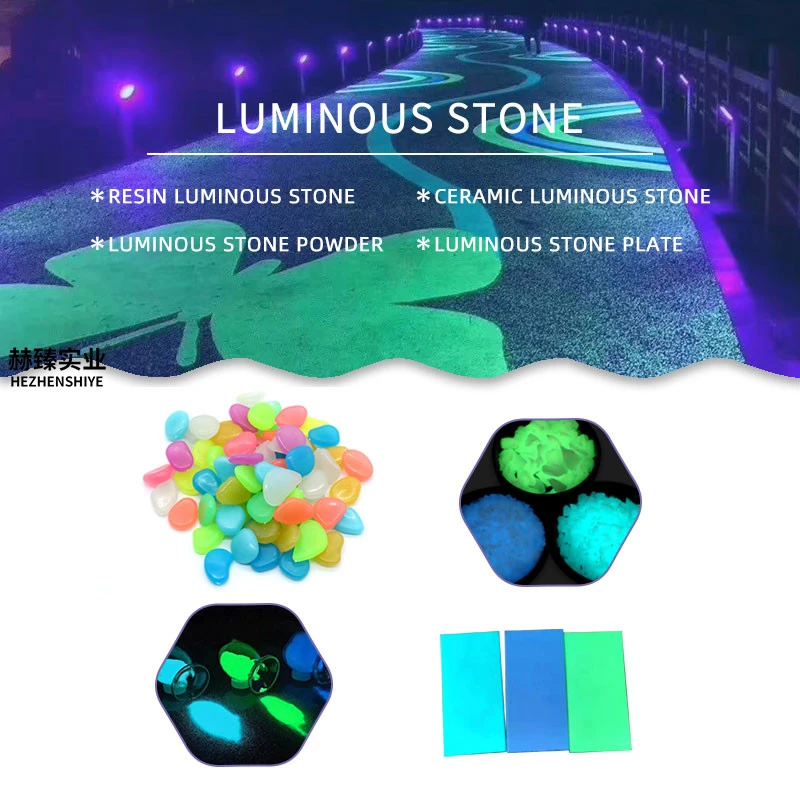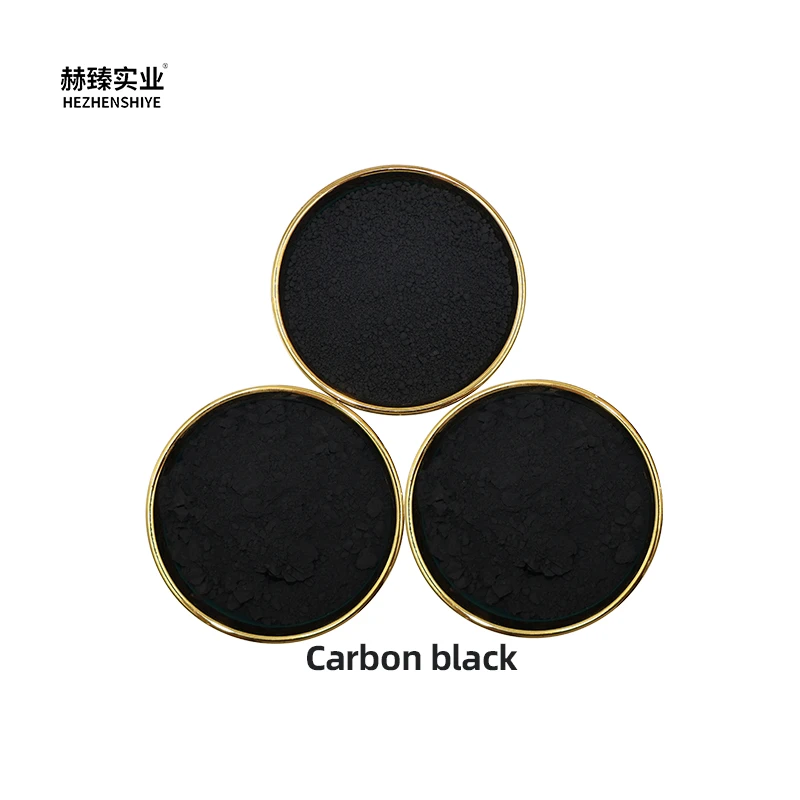White carbon black, also known as precipitated silica or siliceous earth, is a remarkable substance that has found widespread application across numerous industries due to its unique properties and versatility. This finely divided form of silicon dioxide exhibits high porosity, large surface area, and excellent chemical inertness, making it an invaluable ingredient in a diverse range of products.
In the rubber industry, white carbon black serves as a reinforcing agent, improving the tensile strength, tear resistance, and abrasion resistance of rubber compounds. It is also used as a filler to reduce costs and enhance processability. In the plastics sector, it acts as a nucleating agent, promoting crystallization and improving the mechanical properties and clarity of plastics.
The cosmetics industry leverages white carbon black for its ability to absorb oil and act as a thickening agent. It is often found in foundations, powders, and other makeup products, where it helps to create a matte finish and provide long-lasting wear. Additionally, it serves as an anti-caking agent in various food products, preventing clumping and maintaining product consistency.
Furthermore, white carbon black plays a crucial role in the manufacture of adhesives, sealants, and coatings, where it enhances adhesion, hardness, and durability. In the pharmaceutical industry, it is used as an excipient in tablets and capsules, improving their compressibility and flow properties.
In conclusion, white carbon black's diverse applications across multiple industries underscore its importance as a versatile and highly effective ingredient. Its unique combination of physical and chemical properties makes it an indispensable component in a wide range of products, from rubber and plastics to cosmetics and pharmaceuticals.






